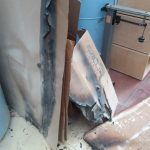 It Could Have Been Much Worse…
It Could Have Been Much Worse…
A recent campus fire, involving an extension cord, serves as a reminder about the importance of extension cord safety, particularly during the holidays. Luckily, no one was injured in the fire, and only minor damage was sustained. Yet, this fire could have been much worse. The fire is still under review, but preliminary findings point to several key factors.
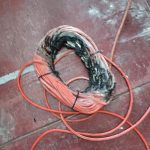
The cord was:
-
- being used as permanent wiring
- in service for an extended amount of time
- bound tightly with zip ties
- covered by or near combustible materials (cardboard)
- was plugged into a power strip (daisy-chaining)
What Can You Do Now?
As we prepare for the holiday break and the end of semester, recognize that our buildings may be unoccupied for an extended period. Now is a great time to unplug items which will not be used to reduce the risk of fire.
Below are a few important tips to help protect our campus from fire:
- Use a cord of sufficient length for your need; avoid excessive cord lengths that can create trip and fire hazards.
- Do not tightly coil or fold cords, as this will restrict energy flow and cause cords to heat up.
- Never cover an extension cord with a rug, debris or other material which could trap heat, hide cord damage, and provide fuel for a fire.
- Good housekeeping removes fuel for a fire. Put away materials that could burn.
- Extension cords are for temporary use only (no greater than 90 days) and shall be unplugged and put away when not in use.
Download and Share EHS Graphics
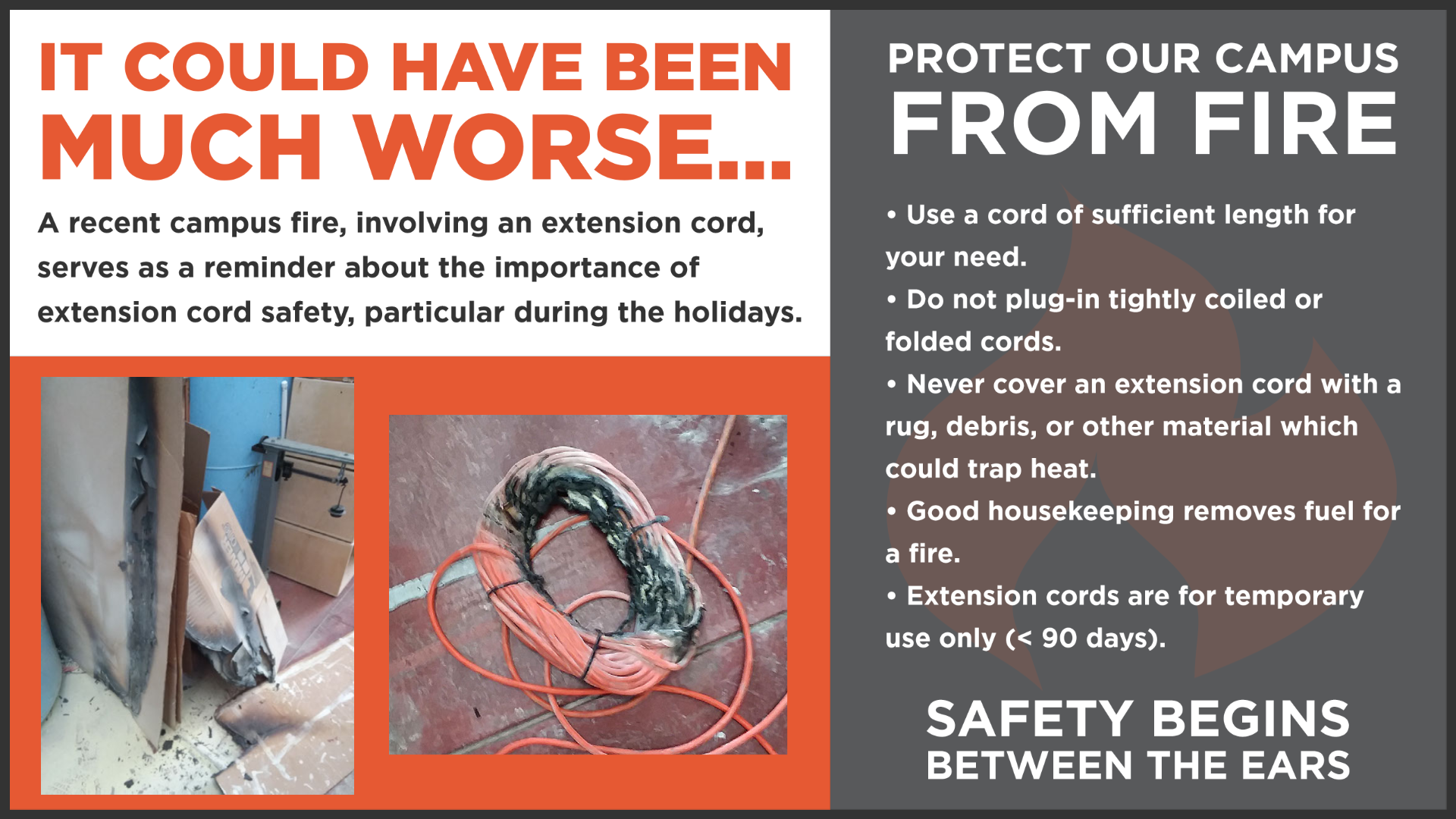
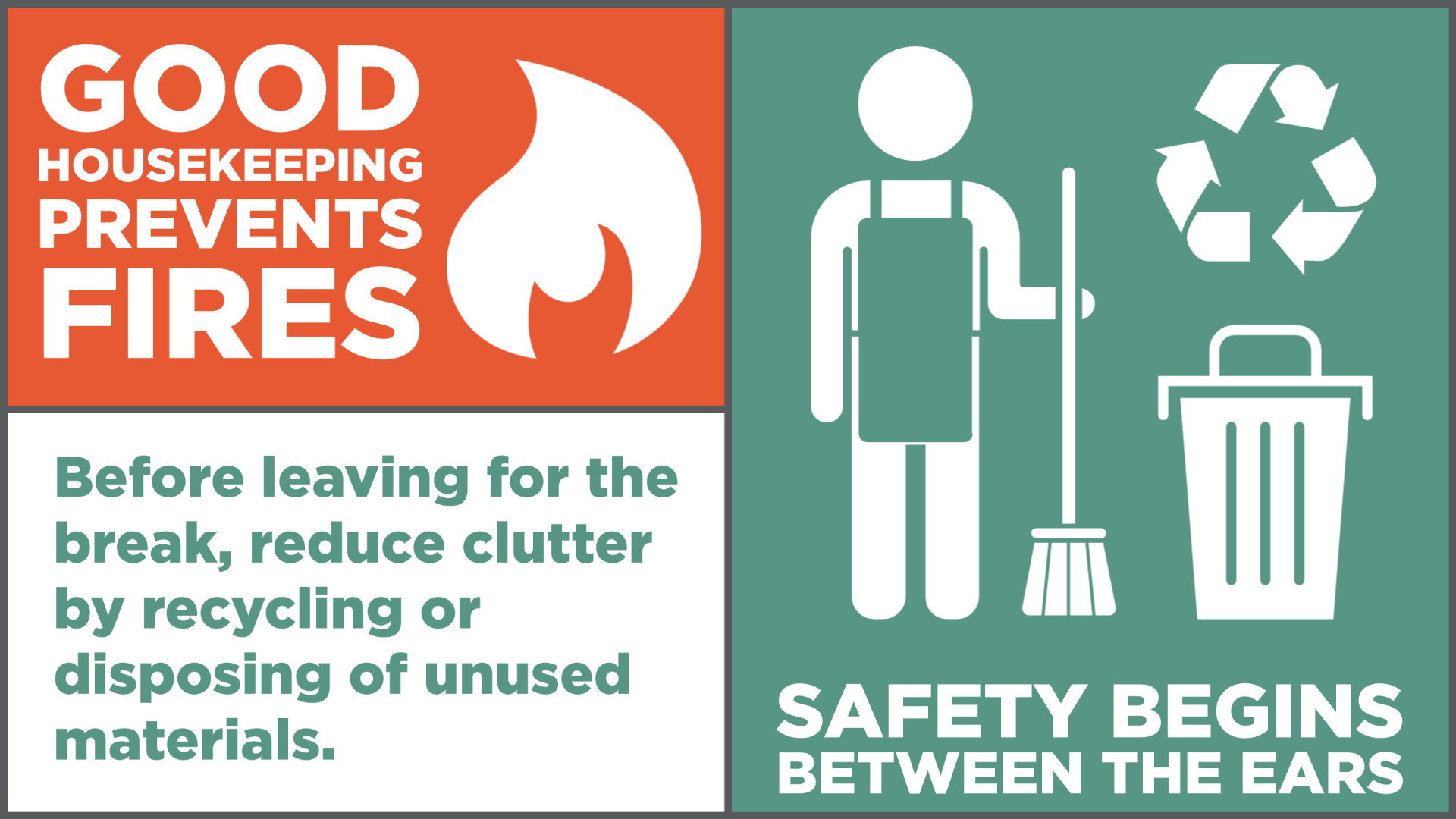
For additional tips on protecting yourself both on and off campus. Continue reading →
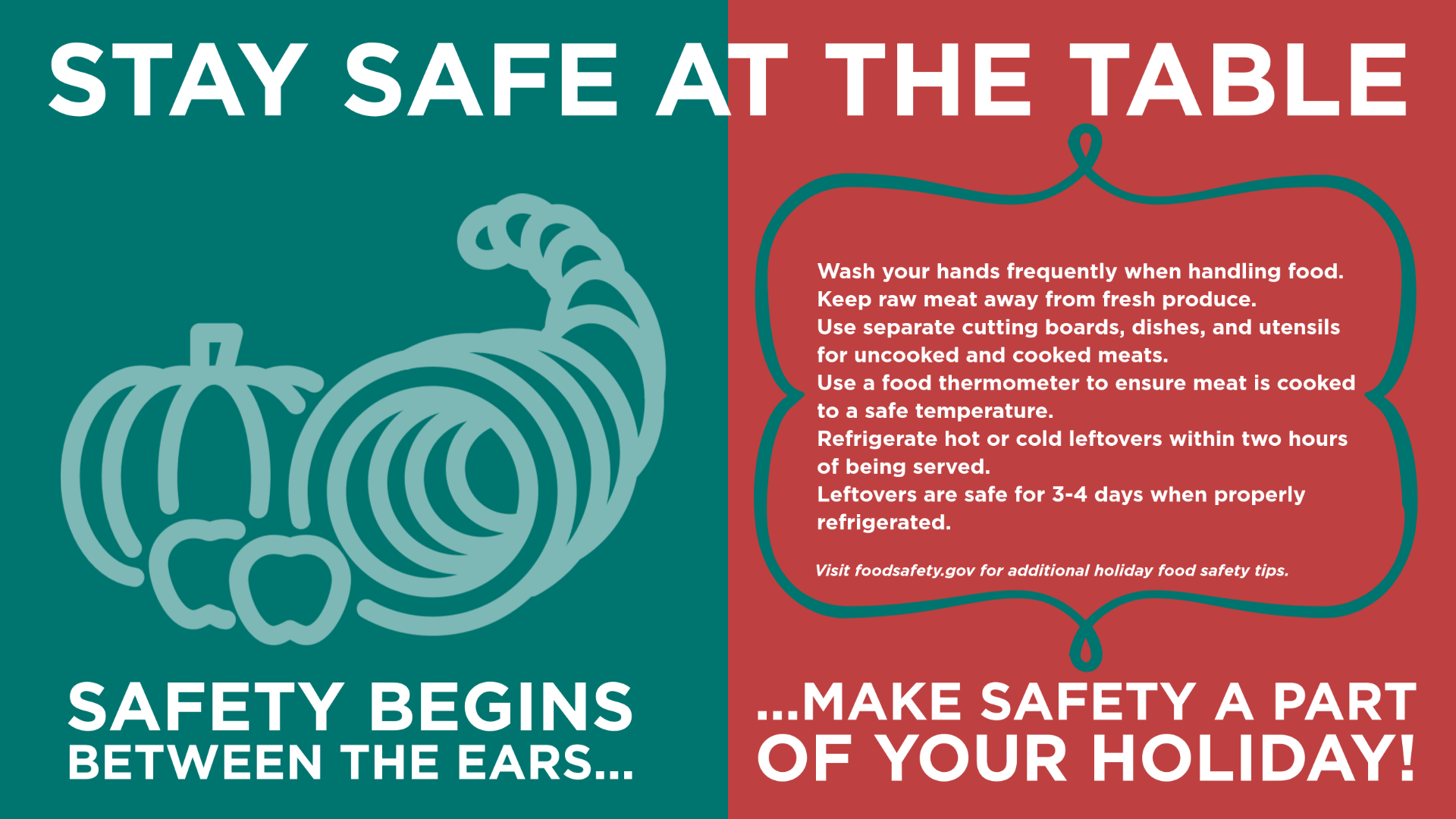
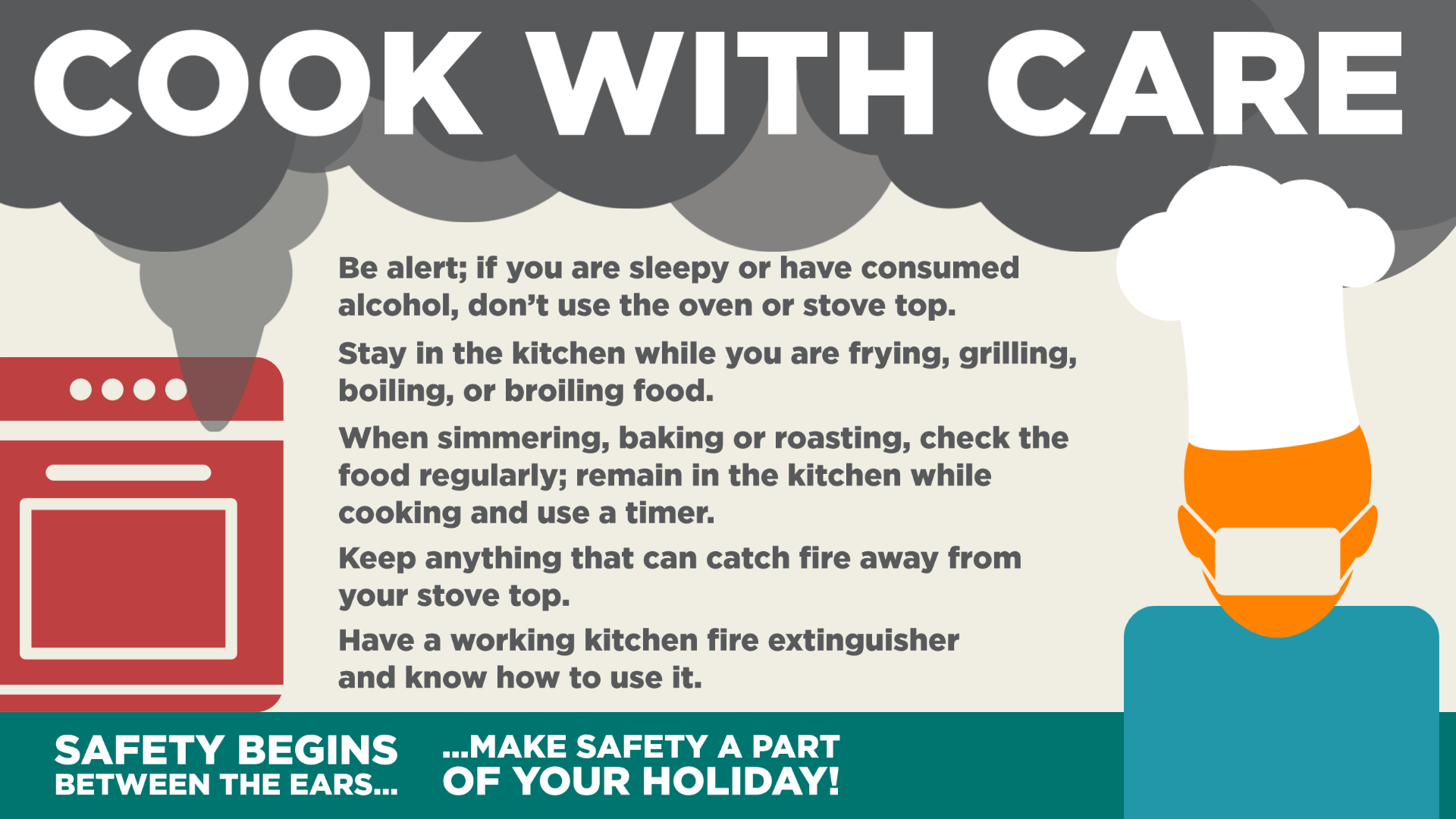
 It Could Have Been Much Worse…
It Could Have Been Much Worse…

